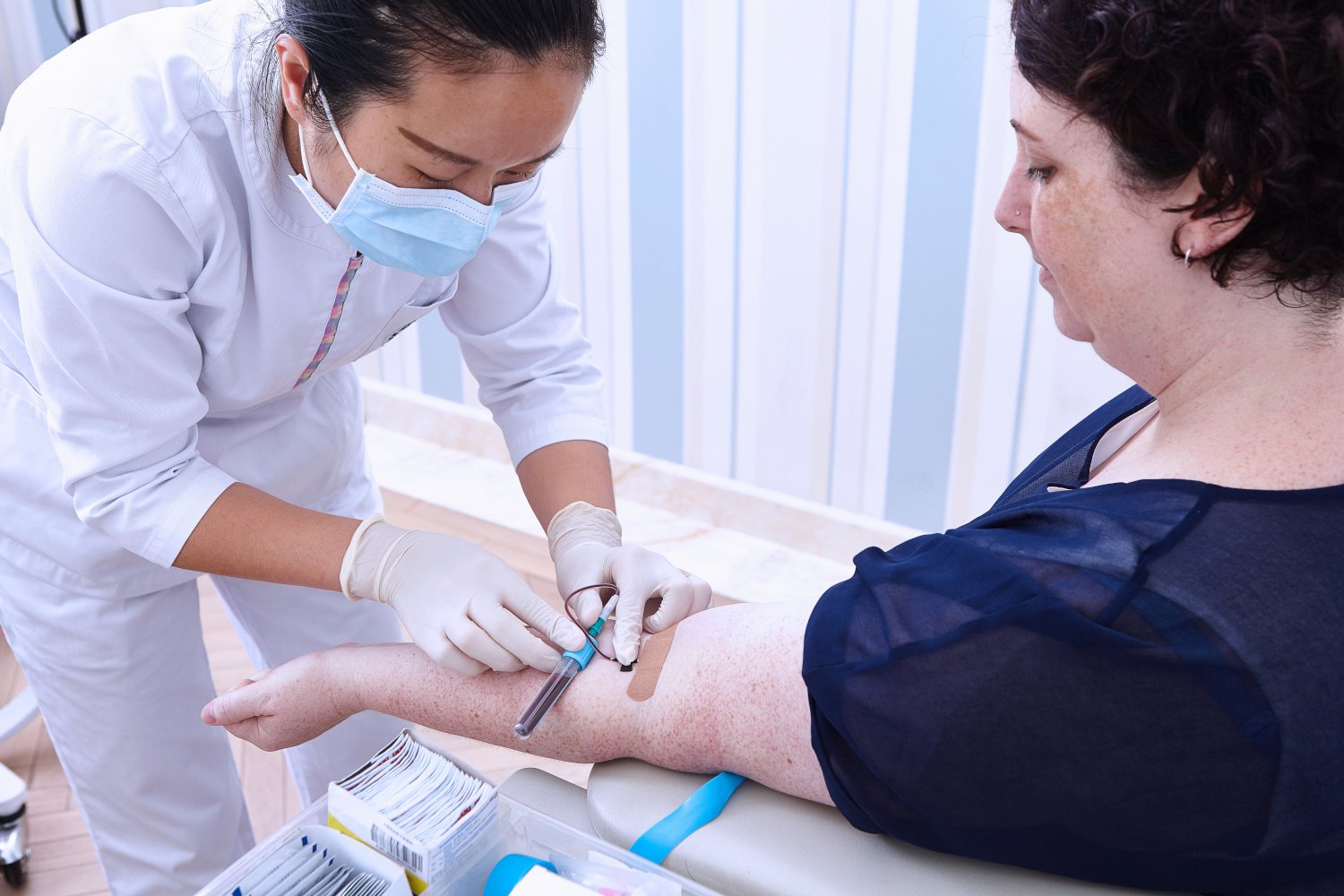Treating depression can be as challenging as living with it. For some individuals, an antidepressant medication helps them manage their symptoms without significant side effects. However, for others, these medications are not enough to treat mental health conditions that are often resistant to conventional treatments.
Different people respond differently to various types of depression or anxiety treatments. What works for one person may not work for another, making it a process of trial and error to find an effective treatment. The good news is that with the various treatment options available, it is possible to find one that works for you.
TMS therapy and ketamine infusions are two of the most promising alternative treatments for persistent mood disorders. Bespoke Treatment is proud to be the first clinic in Southern California to specialize in these life-changing treatments.
If you are struggling with severe depression or anxiety and have not found relief, TMS or ketamine infusion therapy may be the solution you are looking for. But how do you know which one is right for you? Well, here’s what you should know about both of these options:
TMS Therapy
TMS stands for transcranial magnetic stimulation, a non-invasive treatment that uses strong and precise magnetic pulses to stimulate the brain’s limbic system, which controls emotional and behavioral patterns and is known to be involved in depression. 40% to 50% of patients who have had unsuccessful outcomes with depression medications have shown a clinically meaningful response to TMS treatments. Bespoke Treatment is proud to offer TMS therapy in Los Angeles.
Ketamine Infusion Therapy
Ketamine is a powerful medication originally used as a pediatric anesthetic. Evidence shows that smaller doses of ketamine can relieve depression symptoms when other treatments have failed. Unlike other medications, such as SSRIs, which take time to build up and change brain chemistry, ketamine starts altering neurotransmitter activity in the brain almost immediately. Bespoke Treatment is pleased to provide ketamine infusions in Los Angeles.
Side Effects of TMS and Ketamine
When considering any treatment option, it is important to be aware of the possible side effects. The side effects of TMS therapy are minimal, with the most common being a tingling or tapping sensation in the scalp or face, lightheadedness, and headaches. The side effects of ketamine are similarly minor, with the most common being slight muscle tremors, elevated heartbeat, nausea, and a feeling of dissociation. These side effects typically last no more than four hours after treatment.
Frequency of Treatments
Patients should also consider how often they will need treatments. TMS therapy requires special equipment and an experienced specialist, so in-office sessions are needed. The treatment course lasts six weeks and requires patients to come into the clinic five days per week. Ketamine infusion therapy initially requires six infusions spaced out over two to three weeks, typically every other day or every two days. After the initial six infusions, ketamine boosters can be provided on an as-needed basis.
Health Insurance Coverage
Patients should also consider what their health insurance will and will not cover. Most major private insurance companies cover TMS, but every insurance company has different criteria, and policies can change throughout the year. In some cases, insurance may cover a portion of the ketamine infusion treatment, but not the entire infusion. Patients can fill out a Bespoke Treatment pre-assessment form to determine their insurance coverage for TMS or ketamine infusions.
At Bespoke Treatment, our specialists perform a comprehensive evaluation to understand your mental health condition and develop a personalized treatment plan to relieve your symptoms and help you manage daily stresses. Our patient care coordinators are available to answer any questions and help you determine the best treatment option for you. Contact us today to find out if ketamine or TMS is right for you.


























